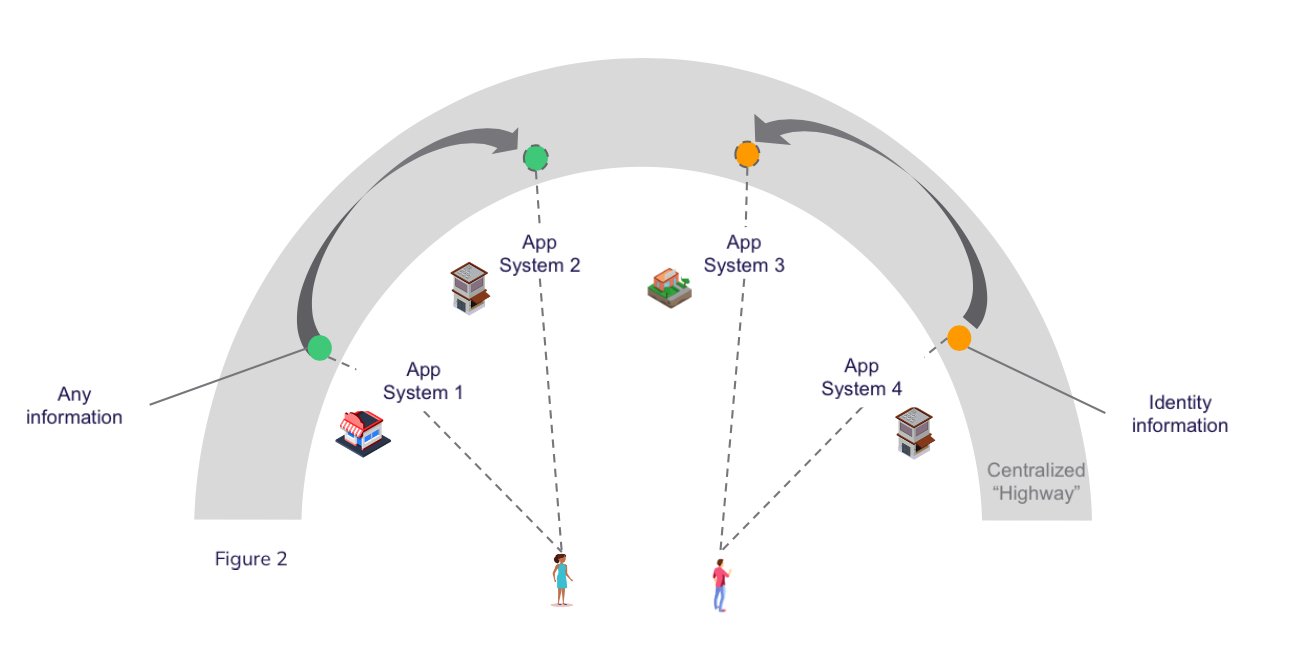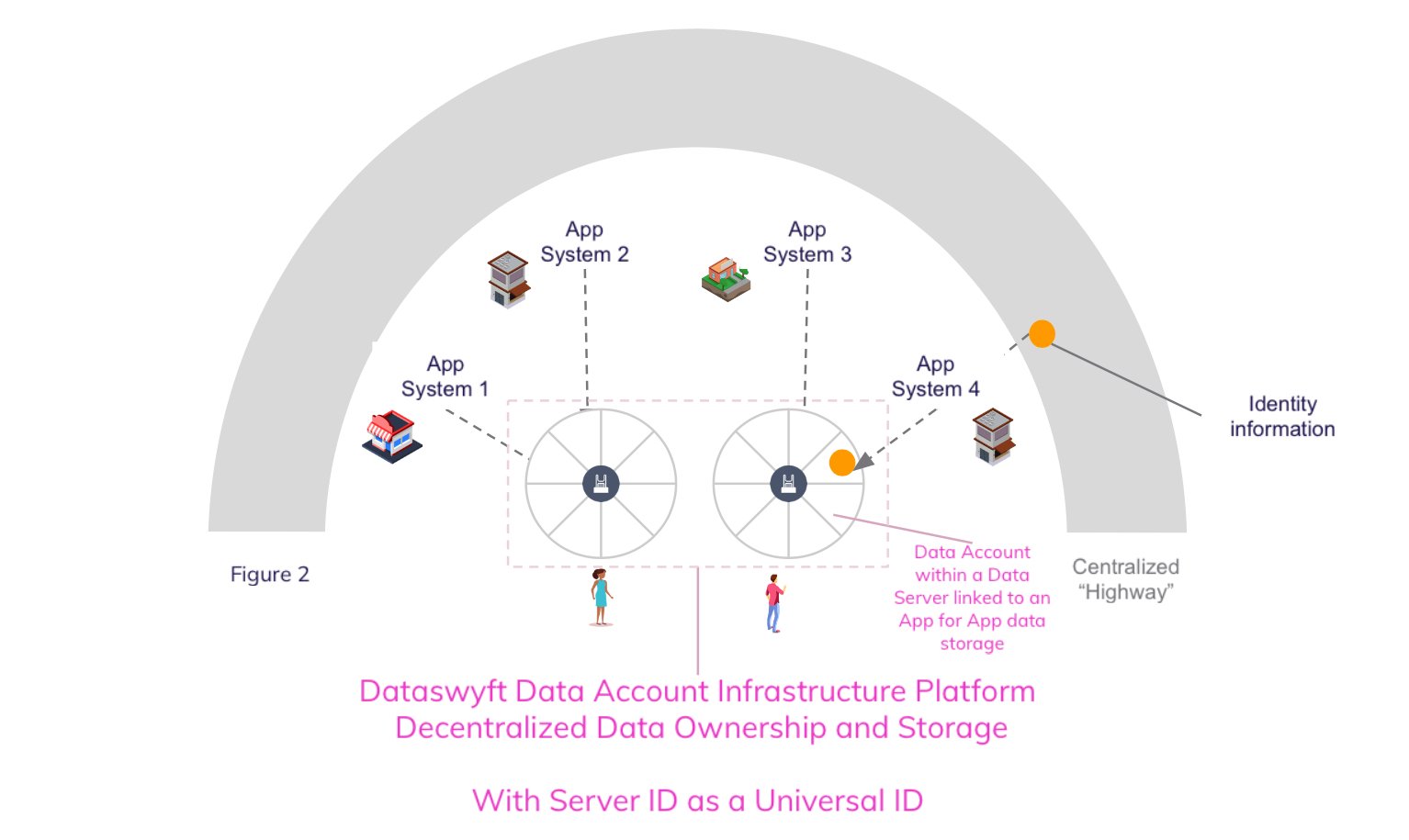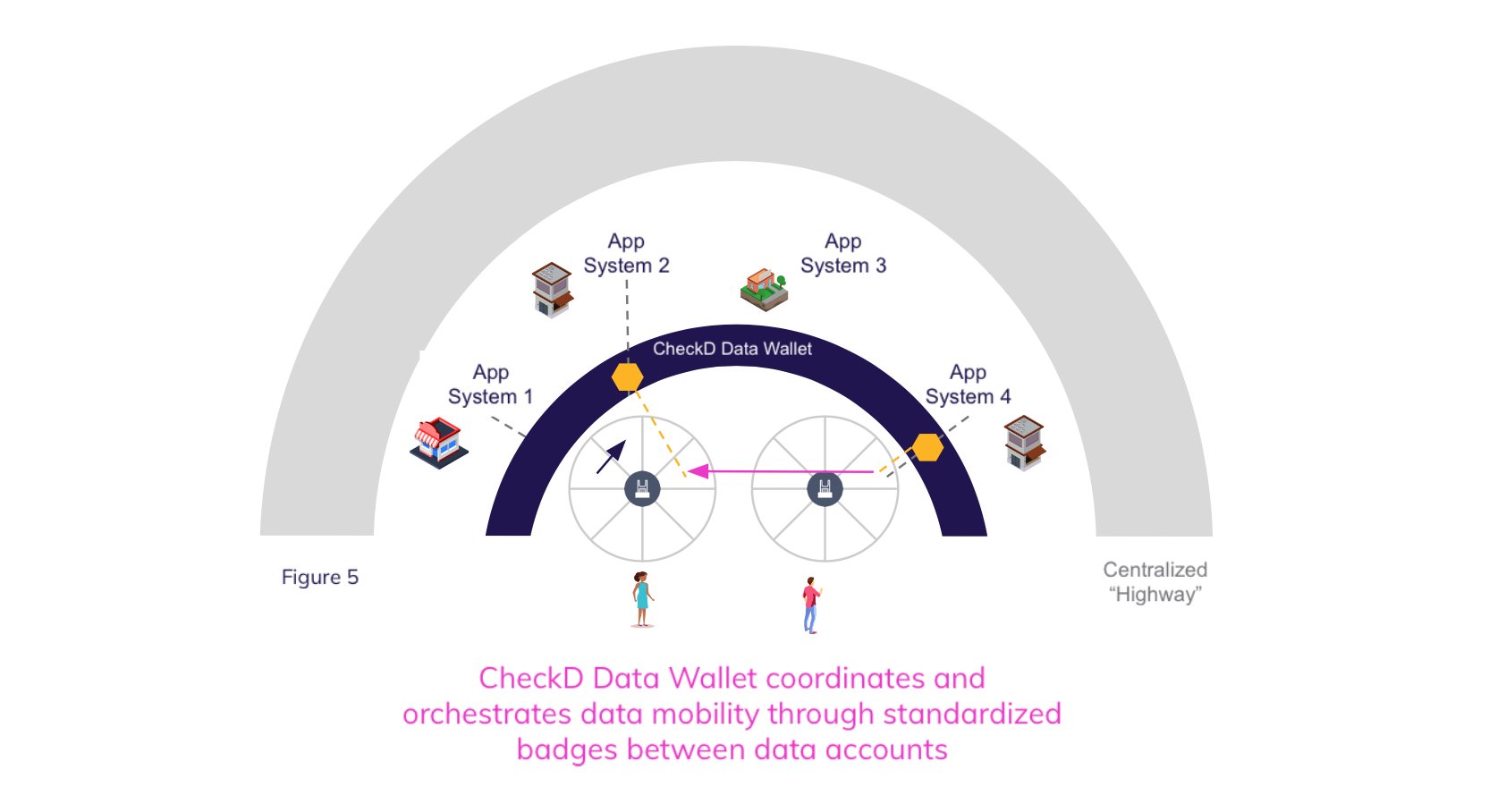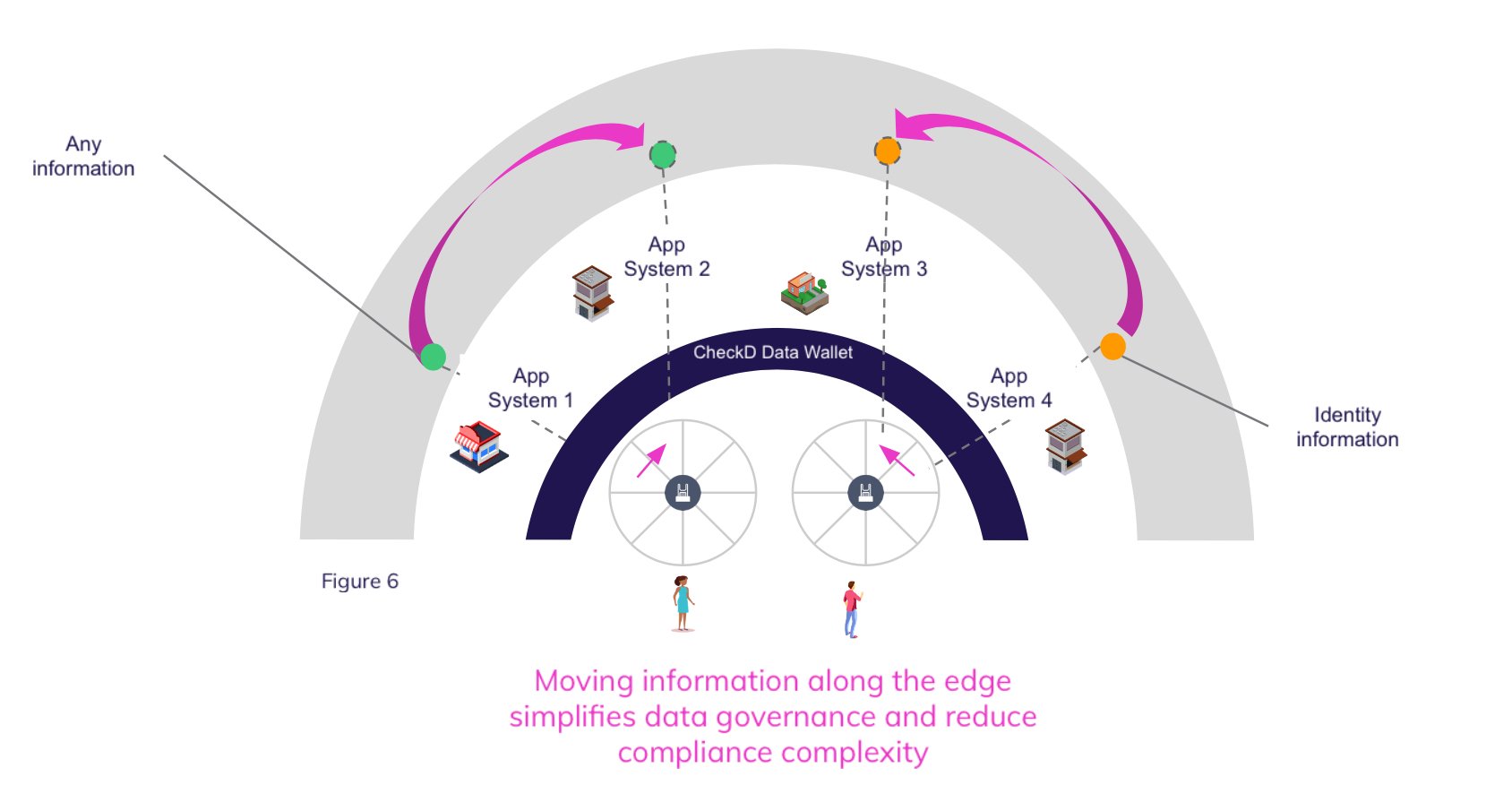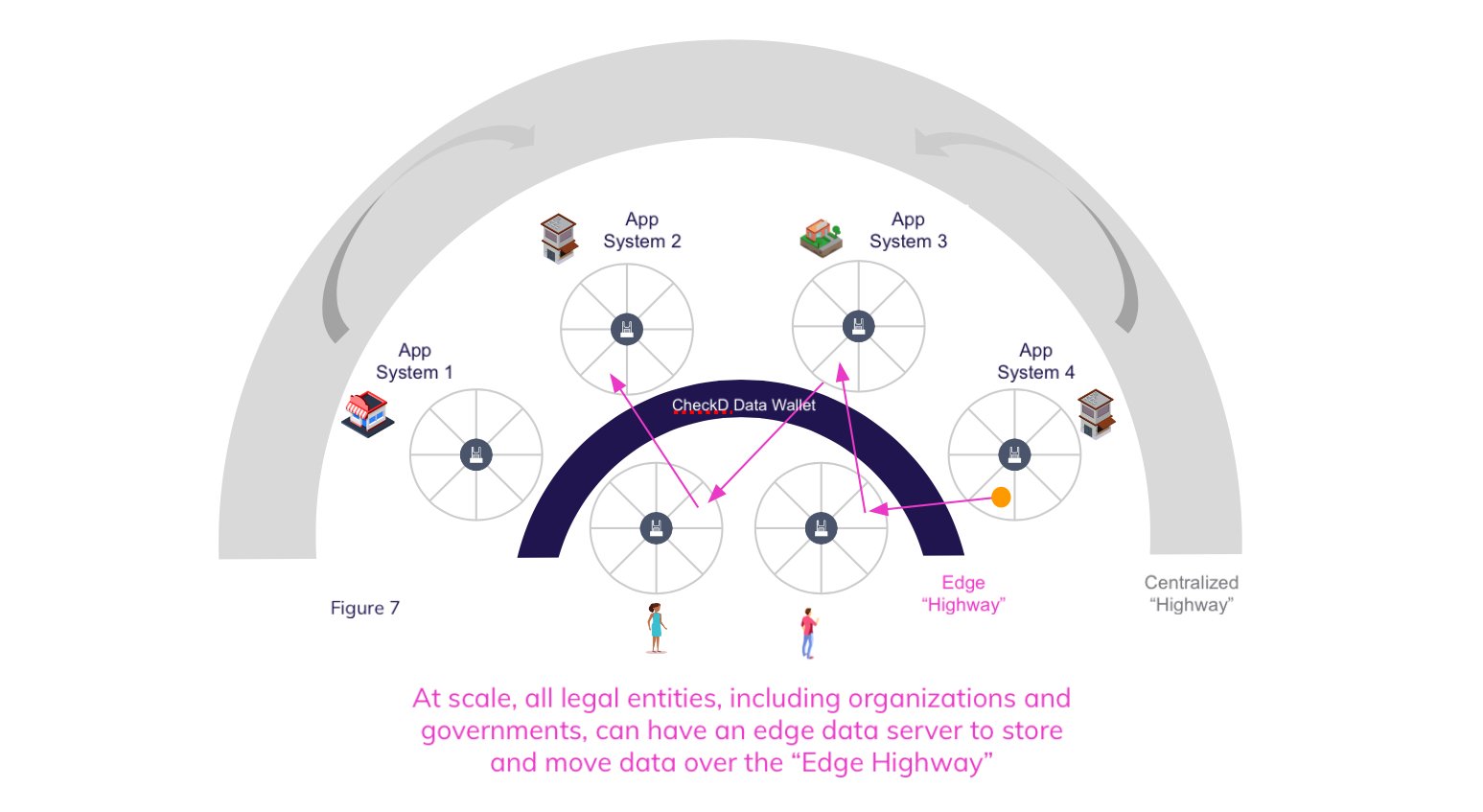The Power of Self-Sovereign Data Wallets at the Edge
Last week at the Espresso Workshop in London on June 13, 2024, Dataswyft CEO Professor Irene Ng delivered a Keynote Speech on the power of self-sovereign distributed ecosystems. The following is an excerpt.
Unleashing the Power of IDs and Data at the Edge
The Problem We face significant challenges in coordinating large groups of people, micro-SMEs (MSMEs) and organizations to achieve collective purposes. From tackling climate change to re-skilling the workforce and improving public health, these coordination efforts are hampered because centralized systems can’t easily share identity and data, even when individuals want them to. In other words, how do you know that John Smith from one system is the same John Smith in another system when both systems do not integrate with one another? But integrating clearly isn’t an answer since that means integrating with thousands of centralised apps or websites in the world. Of course, many do try, which creates a “winner takes all” incentive that is not good for the Internet.
The Solution: A Self-Sovereign Data Wallet The key to overcoming this lies in integrating a self-sovereign data wallet. By empowering a unique user to own, store, and control their identity and data (distinct from the app or website identity and data) the same identity and data can be used across multiple apps. The original app gets to create value with their data without sharing with others but just with their own customers, while new services can be enabled to facilitate coordination, achieving more efficient outcomes for society, individuals, and organizations that drive purpose.
Can users really own their data?
The self-sovereign data wallet is built on the HAT Microserver, which enables individuals, SMEs, and enterprises to own their identity and data storage, and compute services legally with Intellectual Property Rights (IPR) over their content and information. This open-sourced technology provides each user with a universal self-sovereign ID in the form of their server ID, as well as storage for data that is portable. The HAT Microserver technology is a techno-legal innovation created from over USD33m worth of research at more than 10 UK universities in collaboration with Dataswyft.
Data in the HAT Microserver is a different legal class of data called “self-sovereign data”. Self-sovereign data has greater speed, access, and quality at a fraction of the cost. This is because years of research and experimentation have brought down costs of data accounts to less than USD2 a year, and transaction costs of data transfer to approximately USD0.01.
The Dataswyft data account platform hosts these HAT Microservers, creating a secure environment for storing sensitive information. The platform compartmentalizes user-owned server databases into CheckD data wallet accounts. CheckD therefore “rents” a user’s database - and in so doing, preserves the self-sovereign rights of users and enables the data to be moved more freely, at the users’ request; much like making a payment. With data usage and mobility simplified, CheckD can now be a powerful tool that gives centralized apps data interoperability and portability with minimal effort and costs.
The CheckD proposition in seven diagrams
Figure 1: The Problem
Moving data on what we metaphorically call “centralized highways” is like moving a 16-wheeler lorry/truck on the same highway as skateboards and motorbikes: we end up spending a ton of money on governance and security to keep the skateboards and motorbikes safe. Expensive technologies such as blockchains are used to create smart contracts to move even the simplest and smallest pieces of data between large centralized systems.
Figure 2: The Solution
Devolving information to the “edge” through the CheckD data wallet enables users to store, own, control, and use data. When data is decentralized to the user, this isn’t just “zero-party data”; it’s self-sovereign data because it is not just generated by user but also stored by the user at the (cloud)edge. Usually, zero-party data is stored in the cloud by an app or website, turning it into first-party data. But self-sovereign data is IPR-owned by users themselves in the cloud, and is also portable across apps.
Figure 3: Badges
At the edge, CheckD uses Dataswyft’s data wallet technology to issue Self-Sovereign Wallet IDs and enable the creation of “Badges” - these are standardized bundles of information within one or many data accounts that can be issued to mobilise data. Anyone can issue a badge: a community leader or an app owner.
One benefit of these badges is that communities and groups don’t even need an app if they haven’t got one - they can go to CheckD and create their community ID and badges to house their ID cards or create badges to fill in forms.
An example of a simple badge is the “NARB” (“Not Another Registration Badge”) where an individual’s first name, last name, time, and optionally, email or mobile number can be transferred to another data wallet to register for events or enter a building.
Figure 4: User Decides
Badges can be affiliate badges, activity badges or achievement badges, created within 3 mins on CheckD. The data within the badges – regardless of whether they are user entered or come from another app – can now be requested directly from users, who can decide to use the data with other applications or websites; much like the way they decide how to use their money.
Figure 5: Data Portability
Data portability at the edge is powerful because it is fully compliant with data regulations globally, since the user is the data controller and processor, and it is the user that is licensing the data, even if the data was originally from another app.
Figure 6: Cost Efficiency
The cost efficiency that comes with using the CheckD data wallet accounts is clear: convenience for users transferring their own information, no need for a direct technical or legal relationship with the destination.
Figure 7: Legally Robust
The destination app/website receives data with their own data wallet and they can query the data or add to the data to create their own badges. The data doesn’t leave the Data Wallet HAT Microserver system - whether it is transferred to individuals, MSMEs, or enterprises. They all have their own data wallets and their own HATs, and the provenance of the data is always auditable. The “chain” at the edge is not only simplified, it is scalable and legally robust.
.
The Value of Self-Sovereign Data
Having a copy of data at the edge, where users control their own identity and data, can simplify data governance and compliance. This in turn makes the entire process more cost-efficient and scalable while driving user engagement and convenience. Badge issuers (usually app owners) can bundle and combine data in data accounts, creating standardized badges that facilitate secure and private identity and data portability.
Market Transformation The transformation potential for businesses is immense. By unlocking the value of data within applications without transferring customer information to third parties, businesses can achieve greater efficiency. The data wallet enables better engagement, targeting, and personalizing services, creating a more robust and interactive ecosystem.
Historical Context Just as we have seen with the evolution of the payment economy, where individuals gained control over their money, the data economy is poised to follow a similar trajectory. By giving people ownership of their data, we pave the way for new services and market opportunities that are more equitable and efficient.
Conclusion The move towards self-sovereign data wallets is not just about improving technology – it’s about creating better functioning markets and achieving social justice. By enabling data ownership at the edge, we can unlock unprecedented value, foster trust, and drive engagement across communities.
Let's work together to build a more equitable and efficient data economy with greater social justice.
Note from Dataswyft: CheckD is now available in a developers sandbox environment. Early access begins end of June with a global launch expected in July. For more information, visit https://dataswyft.com/checkd


